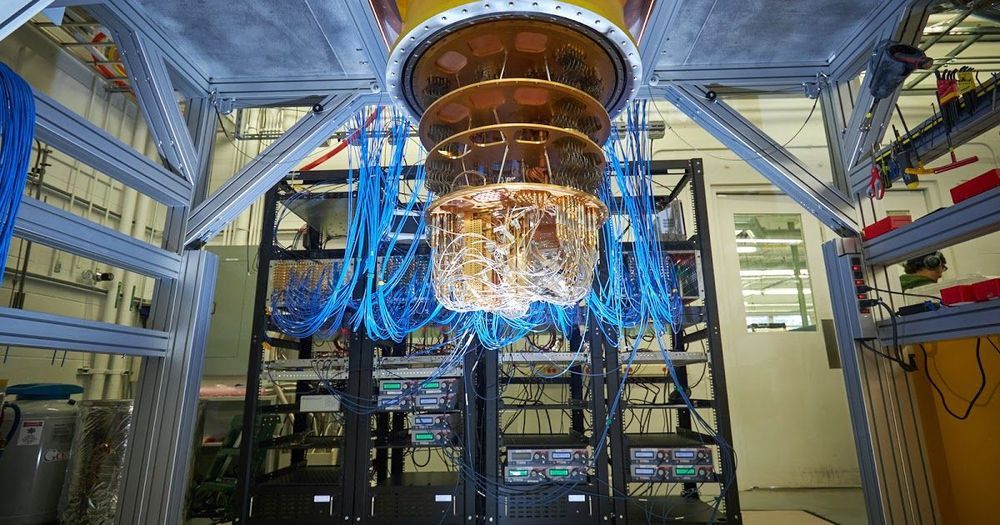Aug 27, 2020
4 Evolving Technology Areas Of Smart Cybersecurity
Posted by Chuck Brooks in categories: cybercrime/malcode, robotics/AI
By Chuck Brooks In FORBES
The surge in digital connectivity and more sophisticated cyber-threats has promulgated the need for smart cybersecurity. Smart Cybersecurity is a logical reaction to try to manage risk by lessening security gaps often posed by reliance on manual processes that are impacted by a continual cybersecurity skills shortage and the administrative burdens of data security management.
Despite the challenges, there is promise for reducing dependence on humans and bolstering cybersecurity capabilities. A myriad of evolving cognitive technologies can help us enhance cybersecurity and navigate the increasingly malicious and disruptive cyber threat landscape. They include:
Continue reading “4 Evolving Technology Areas Of Smart Cybersecurity” »


















